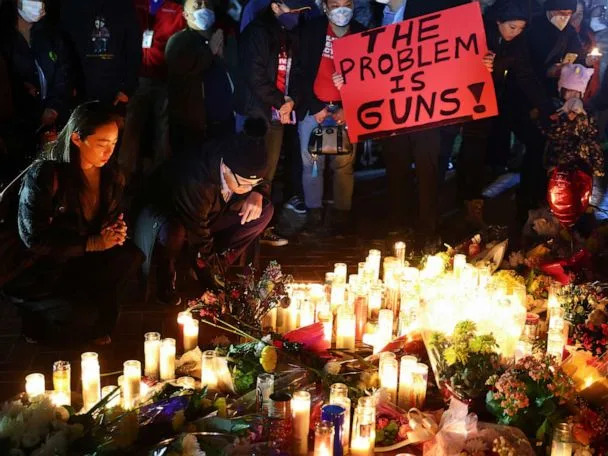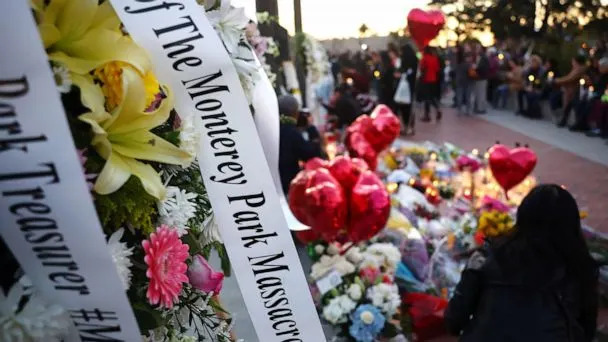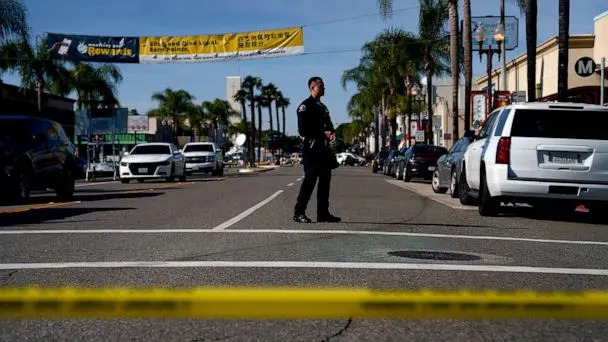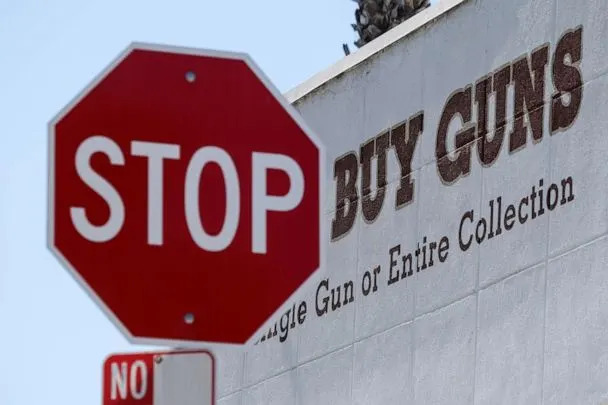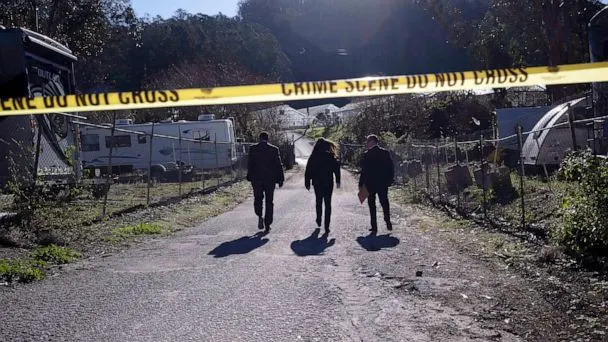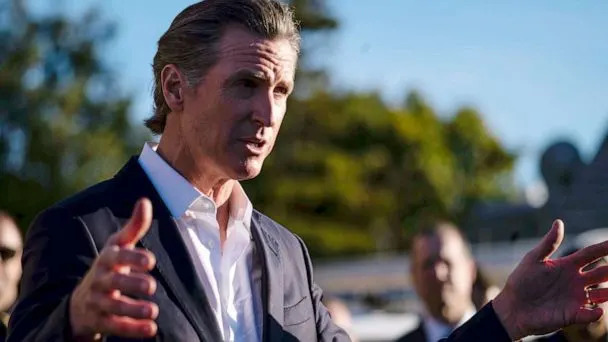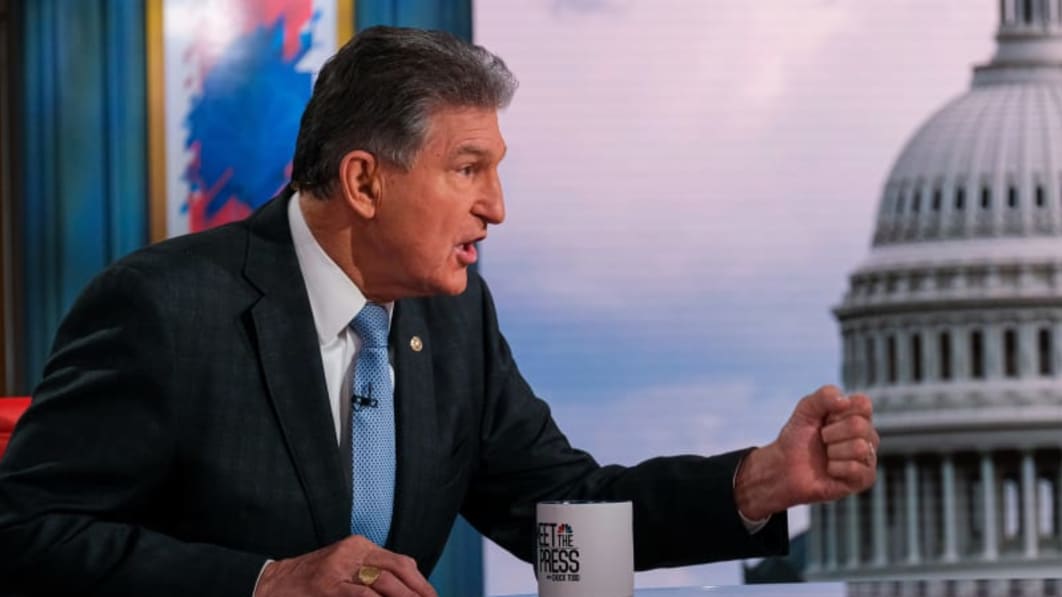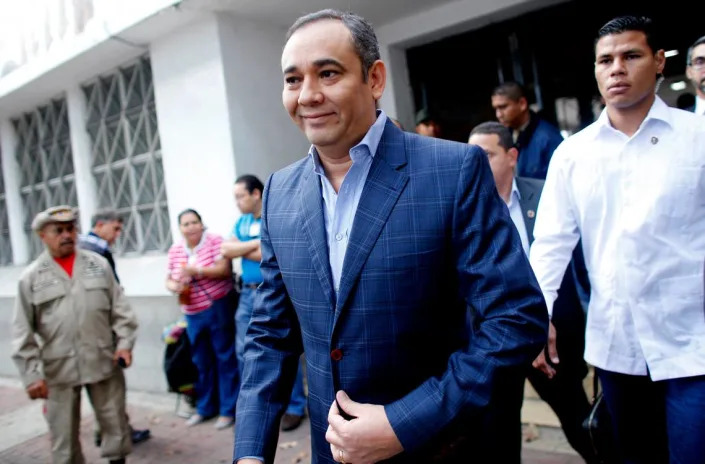Virginia Democrats Defeat 15-Week Abortion Ban And Glenn Youngkin's Anti-Choice Agenda
Virginia Gov. Glenn Youngkin’s (R) push for a 15-week abortion ban died late Wednesday evening when a state Senate subcommittee blocked the ban along with two other restrictions.
The education and health committee blocked the proposed abortion restrictions with a 9-5 vote, officially defeating the 15-week ban, a near-total ban and a ban on the procedure later in pregnancy. Although the near-total abortion restriction was more extreme, the 15-week ban was the focus for many Virginia Republicans after Youngkin made it a priority in his December budget proposal.
“Despite Gov. Youngkin and his allies’ relentless efforts to undermine our health and rights, today we reaffirmed that there is no place for abortion bans in Virginia,” Jamie Lockhart, executive director of Planned Parenthood Advocates of Virginia, said in a statement.
Virginia Senate Majority Leader Louise Lucas (D), who is on the subcommittee that defeated the three abortion restrictions, tweeted about the victory on Wednesday night.
“All of Glenn Youngkin’s bills to limit abortion rights come to my committee. I put them straight into my trash can,” Lucas tweeted with a photo of her throwing the bills in a garbage can.
Youngkin’s 15-week abortion ban would have carried criminal penalties of up to 10 years in prison and/or $100,000 in fines for physicians who provided an abortion. It included narrow exceptions for rape, incest and the life of the pregnant person.
Virginia Republicans knew the bill would likely fail after Democrats won a critical state Senate seat in a special election earlier this month. But the continued push for abortion restrictions was likely meant to appeal to a national audience. Youngkin is a potential 2024 presidential candidate and may need to point to his anti-abortion record in order to be competitive.
Virginia currently allows abortion through the second trimester of pregnancy and into the third if the mother’s life is at risk. In addition, it’s one of a handful of states that allows abortion through the 28th week of pregnancy, making it a safe haven for abortions later in pregnancy.
